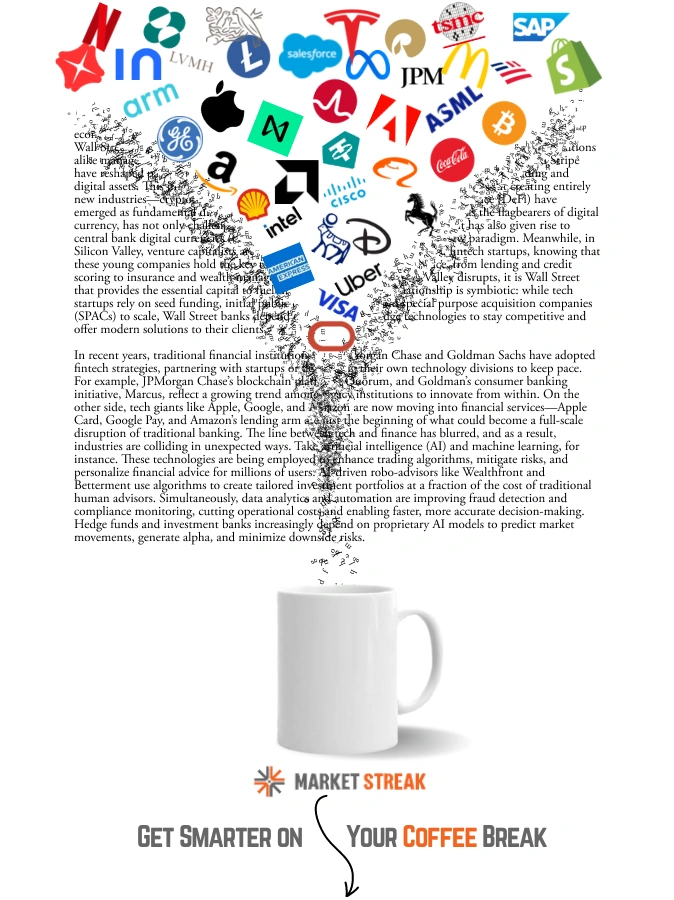organized crime
itly
food industry
mafia

organized crime
itly
food industry
mafia
For years, tourists flocked to Palermo's renowned gelato parlors, blissfully unaware that these thriving businesses were secretly controlled by organized crime. This seemingly sweet enterprise, however, hid a bitter truth: a sophisticated money-laundering scheme orchestrated by members of the Sicilian Mafia. The investigation into this operation, which involved a suspicious bankruptcy, a seemingly legitimate front man, and a powerful "Godfather" figure pulling the strings from behind the scenes, unfolded over several years, highlighting the intricate ways organized crime infiltrates legitimate businesses.
The Brioscia brand, comprised of two popular gelato shops, flourished in the late 2010s. Their gleaming gold stars on various travel websites attracted both locals and international visitors, establishing them as a prominent destination in Palermo. Mario Mancuso, ostensibly the owner, managed the day-to-day operations, focusing on crafting high-quality gelato. However, the true power behind Brioscia lay with Michele Micalizzi, a man with a documented history of Mafia association, having served multiple prison sentences for related offenses.
The arrangement between Mancuso and Micalizzi was a classic Mafia partnership. Mancuso handled the gelato production, ensuring quality and customer satisfaction, while Micalizzi managed the business's finances and ensured protection. A judicial source revealed that Micalizzi's role included receiving a portion of the profits in exchange for shielding Mancuso from extortion attempts by rival criminal organizations. This protection racket was a crucial element of their business model, demonstrating the pervasive influence of the Mafia in even seemingly innocuous sectors of the economy.
The business was officially registered under the name of Mancuso's wife. However, when the couple faced an impending divorce, Mancuso and Micalizzi feared losing control of their lucrative enterprise. Their response was a calculated move designed to conceal their assets and avoid potential legal repercussions: they declared Brioscia bankrupt in 2021. They attributed the reported four million euro (approximately $4.3 million USD) deficit to the financial hardships caused by the COVID-19 pandemic lockdowns.
This bankruptcy declaration, however, raised significant red flags for investigators. A judicial source stated that, "It was a flourishing business, very well known in Palermo. The bankruptcy was therefore unjustified." The declaration seemed a blatant attempt to shield their illicit gains. The investigators' suspicions were further fueled by the fact that the bankruptcy filing did not align with the parlors' actual financial performance.
Utilizing wiretaps, investigators uncovered the true nature of the operation. Far from being financially ruined, Mancuso and Micalizzi were actively planning an expansion, aiming to open new gelato shops abroad. This ambitious plan showcased their continued financial success and undermined their claim of bankruptcy. The pair established a new company called Sharbat, effectively rebranding their gelato shops and attempting to obscure their connection to the seemingly defunct Brioscia.
The deception extended to the employees. A nearby shop worker, speaking anonymously, expressed uncertainty about the true identities of their employers, stating, "I’m not even sure the employees knew who they were working for." This statement underscores the effectiveness of the Mafia's strategy of using front companies and obscuring their involvement in legitimate businesses.
The investigation revealed that Mancuso and Micalizzi systematically divided their ill-gotten gains. Micalizzi, in particular, channeled a portion of the profits to his incarcerated relatives to cover legal fees and other expenses, demonstrating a further level of sophistication in their money-laundering operation. This practice illustrates the Mafia's intricate network of support, extending beyond the immediate participants in the criminal enterprise.
On August 12th, the police launched a coordinated operation, resulting in the arrest of Mancuso, Micalizzi, and four of their accomplices. Authorities seized approximately 1.5 million euros (roughly $1.6 million USD) in assets, a fraction of the estimated total proceeds from their illicit activities. Mancuso and Micalizzi now face prosecution on charges of criminal association with a Mafia-type organization, extortion, and fraudulent bankruptcy. Their arrests represent a significant victory in the ongoing fight against organized crime in Sicily.
The gelato operation is just one example of the vast reach of organized crime in Italy. The country's Central Bank estimates that organized crime groups generate an annual turnover of 40 billion euros (approximately $43 billion USD), representing roughly two percent of Italy's national wealth. This staggering figure underscores the significant economic impact of these criminal organizations.
The Mafia's activities are far-reaching and diverse. While traditional criminal activities like drug trafficking remain a significant source of income, particularly for groups like the 'Ndrangheta in Calabria (which controls a substantial portion of Europe's cocaine trade), they have also diversified their investments into seemingly legitimate sectors.
According to Rocco Sciarrone, a professor of criminal psychology at Turin University, the Mafia "also makes direct investments in the legal economy." A 2022 report by economist Antonio Parbonetti indicates that over two-thirds of Mafia infiltrations are concentrated in the construction, trade, real estate, and manufacturing sectors. Their influence extends to various other industries as well, including agriculture, hospitality (hotels and restaurants), logistics, transportation, and waste management.
The extent of Mafia involvement varies considerably across different regions of Italy. In Sicily, the high prevalence of small, family-owned businesses makes them particularly vulnerable to infiltration and money-laundering schemes. Eliseo Davi of Palermo University notes that, "The socio-economic fabric (in Sicily) is made up of small family businesses that lend themselves very well to money laundering."
Parbonetti's report further reveals that approximately half of the companies controlled by Mafia organizations are so-called "star companies." These businesses generate substantial profits, employ workers, and enjoy broad social, economic, and political support, making them effective tools for concealing criminal activities and integrating into the legitimate economy. Their seemingly successful operation makes them difficult to detect, and their social standing provides further cover for their criminal activities.
The Palermo gelato case is particularly illustrative, as it demonstrates the Mafia's ability to infiltrate even seemingly small, local businesses. Furthermore, one of the Brioscia shops lacked the necessary permits, prompting calls for an investigation into potential collusion between the Mafia and public officials. This highlights the pervasive nature of the Mafia's influence, extending beyond business to potentially encompass corruption within government institutions.
The proximity of the gelato parlors to the former residence of Giovanni Falcone, an anti-Mafia judge assassinated by the Mafia in 1992, serves as a grim reminder of the organization's history of violence and its ongoing fight against those who oppose them. Falcone's unwavering dedication to following the money, mirroring the approach of US law enforcement agent Eliot Ness who brought down Al Capone, played a crucial role in the state’s crackdown on Cosa Nostra, significantly weakening the organization’s power. The case highlights the continued need for vigilance and effective law enforcement strategies in combating the Mafia's pervasive influence. The fight against the Mafia requires a comprehensive approach, addressing both the financial aspects of their criminal enterprise and the potential for corruption within public institutions. The success in dismantling the Brioscia operation demonstrates that even seemingly small, seemingly legitimate businesses can be fronts for sophisticated money-laundering schemes, highlighting the ongoing need for rigorous investigation and enforcement.
SHARE


news
30th October 2024

news
30th October 2024


news
30th October 2024

news
30th October 2024


news
30th October 2024


news
30th October 2024


news
30th October 2024